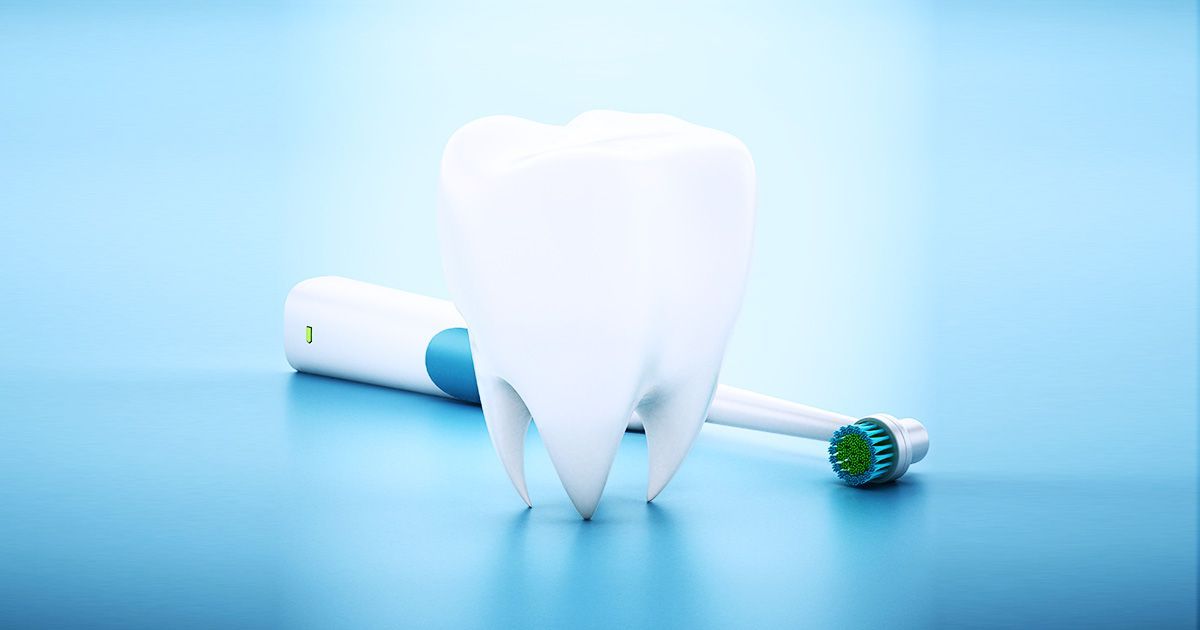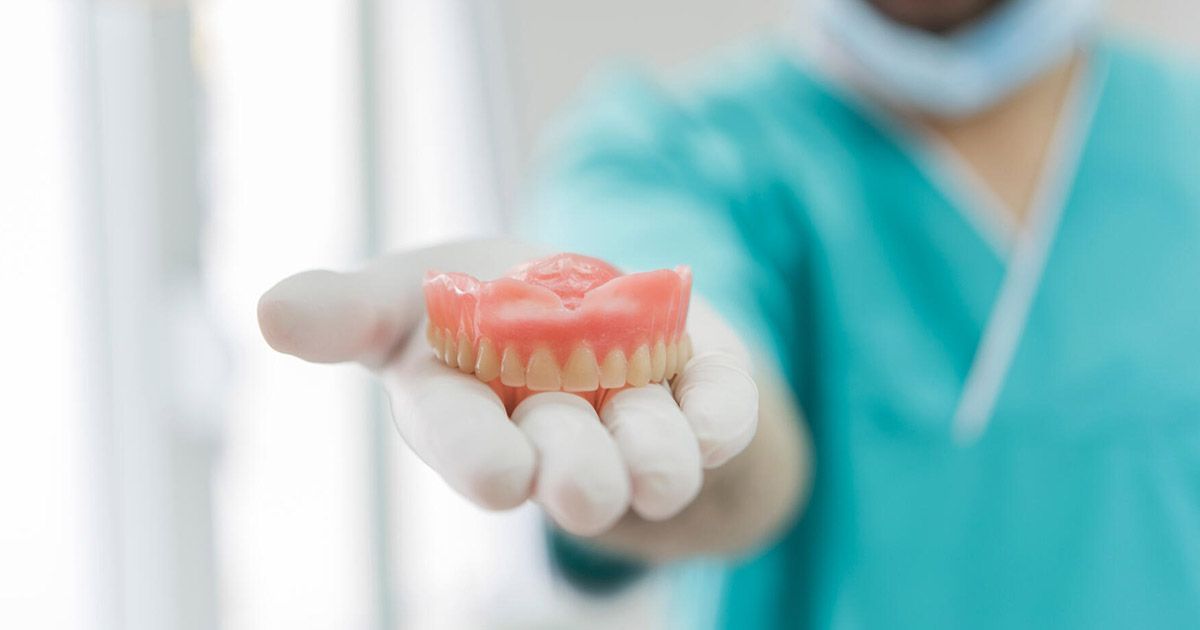It’s Time to See Your Dentist: 5 Signs You Need Root Canal Treatment.
Root canal treatment removes tooth decay and infection. So, how do you know if you need a root canal? Here are three signs root canal therapy is necessary.
What's the first thing you think of when you hear 'root canal?'
Is it pain? Some people associate root canal therapy with pain because that was the case decades ago. It's certainly not true today.
So if you're suspecting that you might need a root canal treatment, there's nothing to be afraid of. Still, if you're concerned about root canals, the best way to ease those worries is to learn more about the procedure.
That being said, let's discuss the answers to FAQs like, What's a root canal? How do you know if you need a root canal? Do root canals hurt? and more.
What's a Root Canal?
A root canal is a cavity within the center of a tooth. When it gets infected, an endodontist will perform root canal therapy or endodontic treatment to prevent complications. These include a worsening of the initial infection, which could become life-threatening.
During a root canal treatment, your endodontist will remove the infected tooth's nerve and pulp. Now, take note that this will not kill the tooth. A fully-grown tooth can function even without these two because it can still get nourishment from the tissues surrounding it.
After removing the nerve and pulp, your endodontist will clean the inside of your tooth, fill it, then seal it.
Root Canals Then and Now: What Are the Differences?
It shouldn't surprise you that surgical procedures of the past have a reputation for being painful.
Remember, though herbal preparations such as opium poppy existed, the first successful use of an anesthetic for a surgical procedure didn't happen until October 16, 1846.
Now, as for root canal treatments, it was Pierre Fauchard, a French physician who discovered that each tooth has a root pulp inside. Then, in 1838, American Edwin Maynard invented the first root canal therapy tool from a watch spring.
Almost a decade after, a rubber-like material gutta-percha was used to fill root canals. To this day, this is still the filling material of choice for root canals.
Fast forward to today where modern dentistry has almost everything it needs to make root canal treatments more comfortable for patients. These include x-ray machines, enhanced irrigating systems, anesthesia, and more to ensure that you have nothing to fear from a root canal therapy.
Do Root Canals Hurt?
With the right endodontist , root canal surgery shouldn't hurt. Some patients even liken the experience to getting a filling or having a wisdom tooth removed.
That should tell you that root canal pain is nothing to worry about. Of course, there will be some soreness and mild discomfort after the procedure, but for the most part, it's relatively painless.
If anything, not getting a root canal treatment could make tooth pain even worse since it's the infection that's causing the inflammation. Getting root canal therapy will relieve this pain and ensure a speedy recovery.
How Do You Know If You Need a Root Canal?
Do you need a filling or a root canal? Your endodontist can tell by looking at how deep the cavity is.
However, if you've yet to visit a dentist, some signs could tell you you're due for a root canal treatment. These are:
1. Persistent Toothache
Do you experience severe pain while chewing or biting? This could indicate that the tooth nerves are exposed or damaged. It could also be because you have damaged fillings, or if you have a crown, it may have fallen out.
Another reason why you could be feeling pain is deep decay. This refers to decay that's already affecting the roots and nerves of the tooth.
In this case, a filling wouldn't be enough to salvage the tooth. To save your tooth, you need root canal therapy.
2. A Chipped or Cracked Tooth
One of the ways bacteria can invade your tooth is when it gets chipped or cracked. This is why you need to avoid eating hard foods.
Now, if your chipped or cracked tooth is because of an accident, it doesn't always mean you need a root canal. You have other options such as crowns, veneers, dental implants, etc.
Your dentist might suggest a root canal treatment though if your injured tooth keeps causing you pain. Remember, root canal surgery is the way to go if there's an infection and you want to save your tooth.
3. Swollen or Tender Gums
One of the most obvious root canal symptoms is swollen or inflamed gums. This could manifest in different ways. The affected area could be red and tender to touch or you may have a raised bump on your gums.
As to why this happens, you have to keep in mind that inflammation is one of the ways your body deals with infections or injuries. In some cases, the infected pulp could be so bad it would start secreting waste matter (abscess).
4. Prolonged Sensitivity
Many people experience tooth sensitivity, especially when eating cold or hot foods and drinks. Usually, it goes away after using special toothpaste.
Now, if your tooth sensitivity doesn't improve even after using special toothpaste, it may be time to visit a dentist. The nerves of your tooth may be damaged, which is why you're experiencing prolonged sensitivity.
5. Tooth Discoloration
There are three reasons why you're seeing your tooth become darker and darker in color. One, the nerve is infected. Two, the nerve is damaged, and three, it's already dying.
Tooth discoloration is also accompanied by other root canal symptoms such as constant bad breath, and a lingering sense of bad taste in your mouth.
What Can You Expect After a Root Canal?
Following the procedure, there will be some numbness, which will wear off in about 2 to 4 hours. After this, you can start eating again.
In a few days, the treated tooth should feel a lot better, but if you experience some root canal pain and swelling, you can take anti-inflammatory medicine. Don't forget to follow your dentist's instructions to make sure your tooth is healing well.
Ready to Save Your Tooth?
Root canal therapy or endodontic treatment has certain advantages because it helps you save your natural tooth. You don't have to worry about chewing problems, your tooth looking unnatural, or your other teeth wearing down from excessive wear or strain.
So if you're ready to save your tooth, don't hesitate to consult an endodontist asap.
Do you need more information? Feel free to contact us. We're ready to answer all your questions like "how do you know if you need a root canal?" if you want more detailed explanations.












